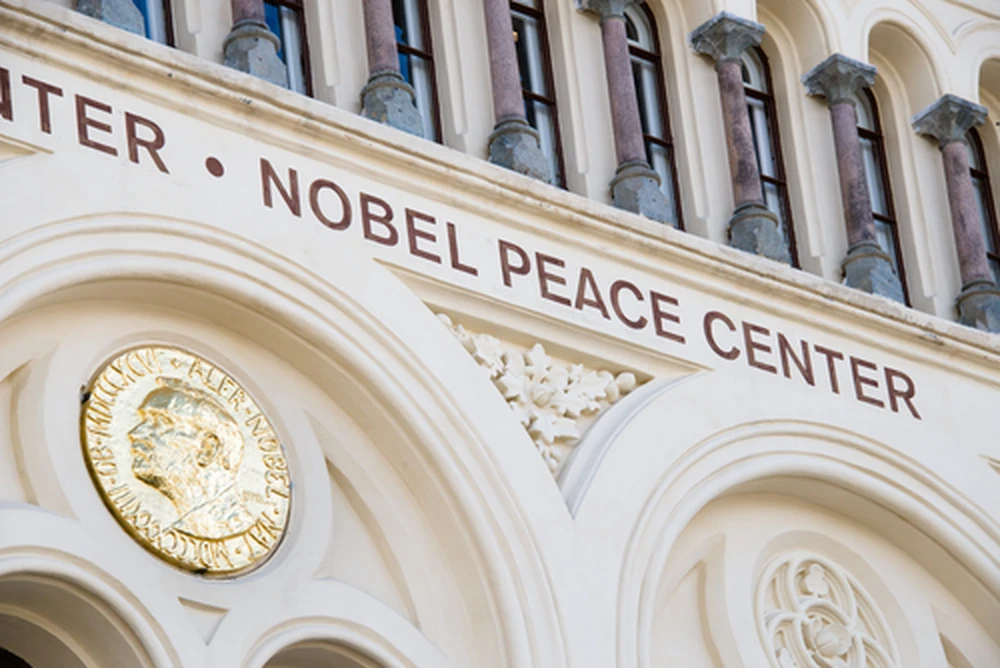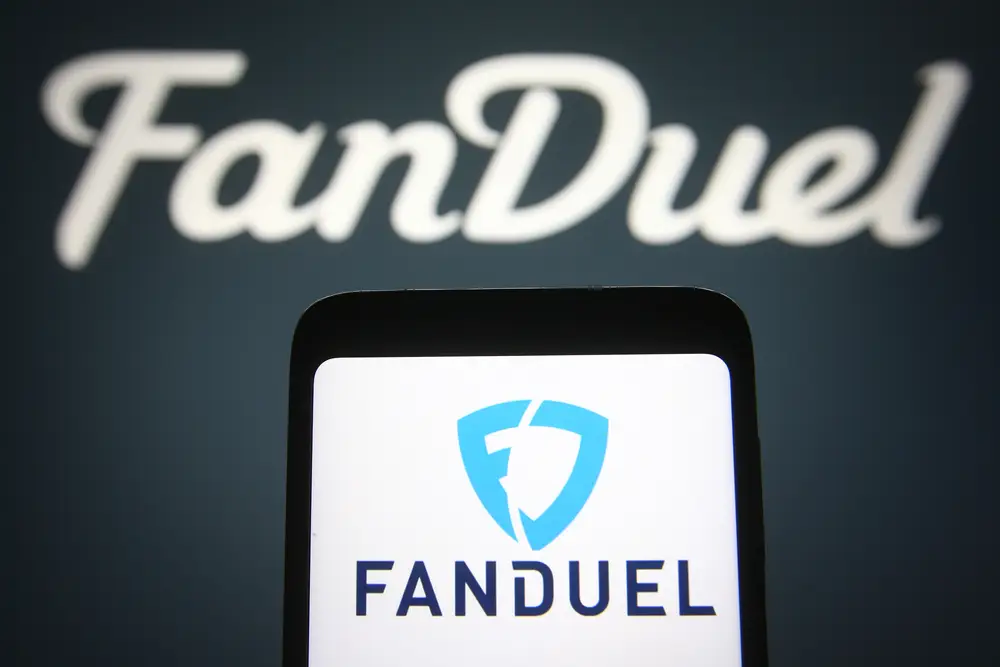Friday morning, Venezuelan opposition leader Maria Corina Machado was awarded the Nobel Peace Prize. The five-personal Nobel committee awarded Machado the prize “for her tireless work promoting democratic rights for the people of Venezuela.”
Early yesterday, odds in Polymarket’s “Who will win the Nobel Peace Prize?” market had Machado with just under a 2% chance of winning, behind President Donald Trump and Yulia Navalnaya, widow of Russian opposition leader Alexei Navalny. But by 8 p.m. ET Thursday, several hours before the Nobel Peace Prize winner was announced (at 5 a.m. ET), Machado’s odds spiked above 70%.
A large number of contracts purchased in favor of Machado’s victory reportedly drove the surge and now Norwegian officials are investigating whether someone may have leaked the winner.
Kristian Berg Harpviken, director of the Norwegian Nobel Institute, confirmed the investigation to Norwegian financial and business newspaper Finansavisen.
“When we discovered this result in the betting market this morning, we wondered if there could be leaks,” Harpviken said. “One possibility is personal leaks, but more likely it is some form of digital leak.”
Haprviken told Bloomberg that the Institute is taking the matter “very seriously.”
“It seems we have been prey to a criminal actor who wants to earn money on our information,” he said.
New Polymarket accounts purchased large shares for Machado to win
The Finansavisen report found three users who appeared to kick off the odds surge with large trades for Machado. The first was a user going by the name 6741, whose recently-created account on Polymarket showed only trades on the Nobel Peace Prize winner.
The user purchased over $48,000 in “Yes” shares for Machado to win the prize, resulting in a nearly $120,000 payout. Finansavisen reported that user 6741 and the two other new accounts they noted — dirtycup and madurowilllose — combined for a total of $90,000 in profits, mostly from their Machado trades.
News of the big trades on Machado made the rounds on X, with many speculating that the trades came from people with insider knowledge. That likely further fueled the surge in trades for Machado overall.
Polymarket didn’t provide a comment to Bloomberg when asked about the trades. But the prediction platform did post about Machado’s win on X and used the occasion to again tout the accuracy of its markets.
BREAKING: María Corina Machado wins 2025 Nobel Peace Prize.
Once again, Polymarket had the news more than 12 hours before it was announced. https://t.co/AFxmvq6mVF
— Polymarket (@Polymarket) October 10, 2025
Kalshi’s market for the Nobel Peace Prize winner, likely reacting to the Polymarket trading news, also saw odds rise substantially for Machado in the hours preceding the official announcement. At 11 p.m. ET yesterday, Machado had just a 1% chance of winning. By midnight, the odds had jumped to 53% and continued to rise from there.
Polymarket’s international platform outside of CFTC oversight
The momentum swing towards Machado in the Nobel Peace Prize market, which attracted north of $21 million in trading volume, could have just come from a few eagle-eyed traders who may have spotted signals suggesting the Venezuelan opposition leader was underpriced and created new accounts to make the trades. But some have suggested it could have been a case of “insider trading,” where someone with direct knowledge of the winner jumped the gun to make a profit.
Kalshi, which operates in the U.S. with federal oversight from the Commodity Futures Trading Commission, has explicit rules prohibiting trading based on material non-public information (MNPI), which is in line with the CFTC’s anti-manipulation and anti-fraud rules, like Regulation 180.1, as well as the Commodity Exchange Act.
Polymarket, meanwhile, was ordered by the CFTC to leave the U.S. in 2022, but is preparing for an imminent return after purchasing the CFTC-approved exchange QCEX. For its current, global prediction market product, though, Polymarket’s terms of use only state that it prohibits “activity that violates any Applicable Law, rule, or regulation concerning the integrity of trading markets.”
CFTC’s rules against trades based on MNPI would qualify as such an “Applicable Law,” but the platform has yet to launch its U.S. product, which may only be for U.S. users and might not be combined with the international trading pool. Theoretically, Polymarket’s international platform could continue to flout certain rules that would likely result in action in the U.S. from the CFTC.
Polymarket’s international platform also doesn’t use any Know Your Customer protocols, so users can anonymously create accounts, making it more difficult to investigate any alleged “insider trading.”
Is ‘insider trading’ actually good for prediction markets?
Some argue that turning a blind eye to “insider trading” could cause damage to Polymarket’s brand reputation. But some experts and pundits argue that insider information is actually good for prediction markets, because it results in more market accuracy.
A year ago, Decrypt published an extensive look into the differing views on insider information at prediction markets. The article spotlighted several comments from economist, professor and leading prediction market expert, Robin Hanson. While Wall Street regulations prohibiting insider trading are needed to promote the idea of fairness, he said, the purpose of prediction markets is to accurately predict future outcomes, something inside information only helps.
“If the point of (prediction) markets is to get accurate information on the prices, then you definitely want to allow insiders to trade, even if that discourages other people from betting because that makes the prices more accurate,” Hanson told Decrypt. “And that’s the priority.”
Conversely, Eric Zitzewitz, a Dartmouth professor who has studied prediction markets for decades, argued that rampant insider trading could lead traders to leave a platform, which would hurt market liquidity, pricing, and accuracy.
“If I worry about the potential for insider trading, I’m less likely to provide liquidity to the market,” Zitzewitz told Decrypt. “And those effects can actually be a bigger deal in terms of reducing the accuracy of the market.”




























